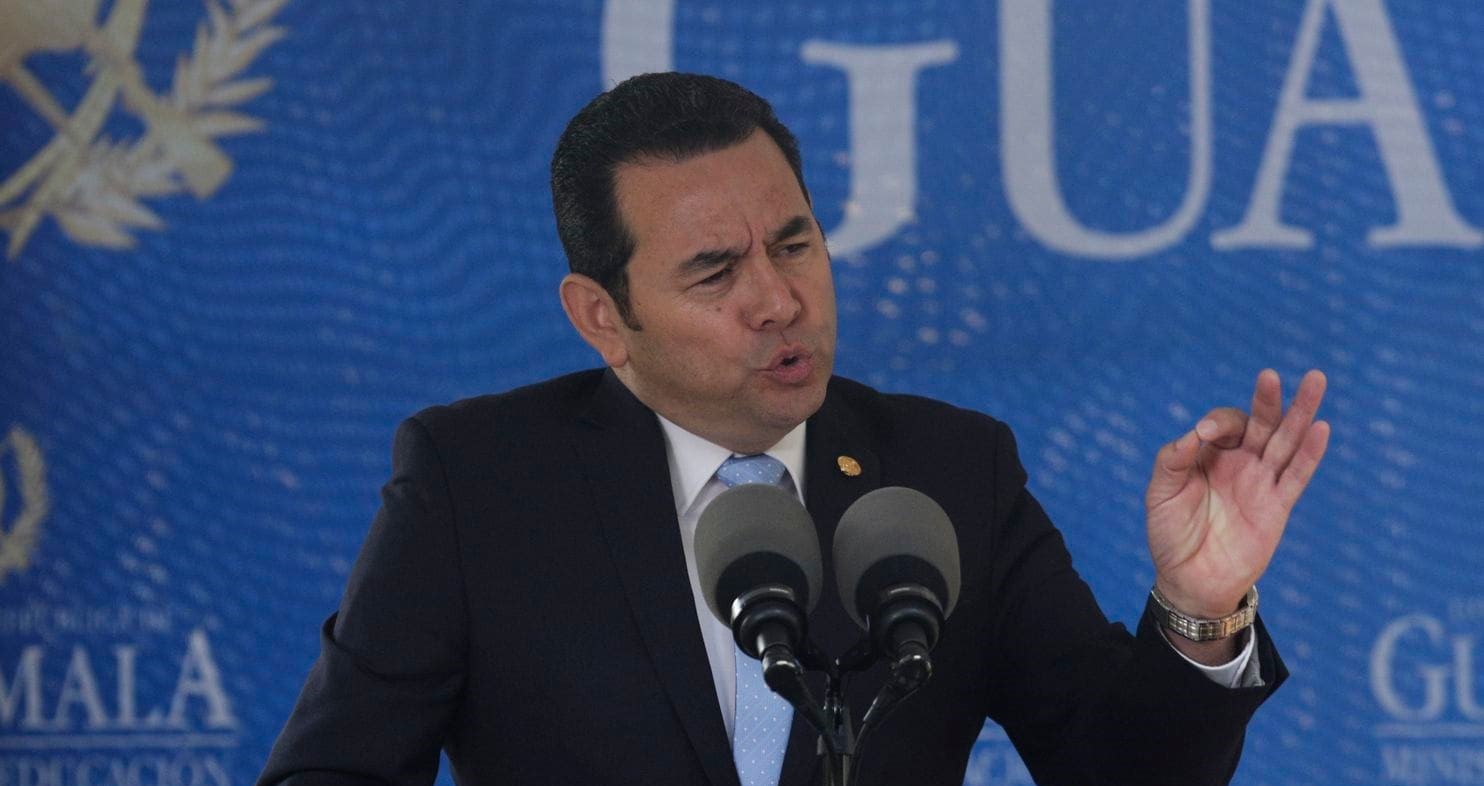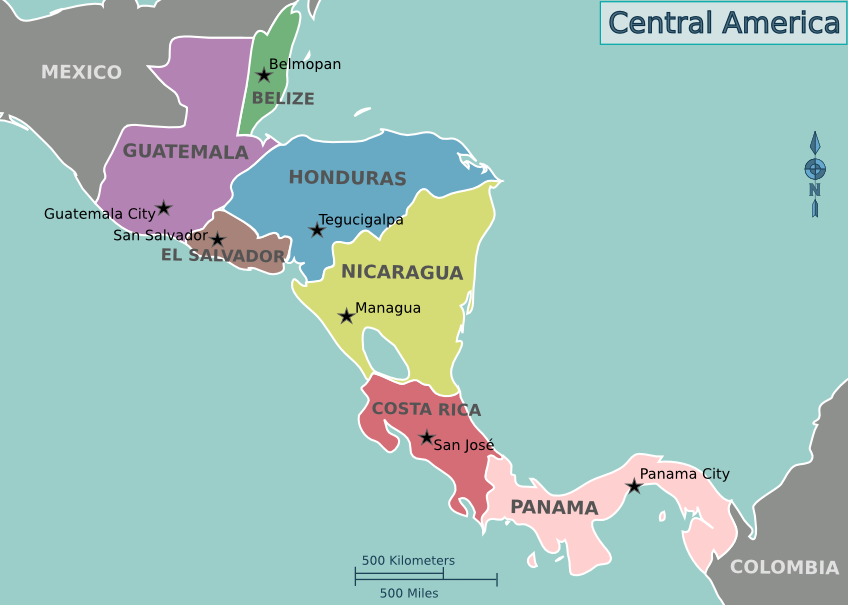UN under siege in Central America
September 6, 2018 | Expert Insights

Crises in Guatemala and Nicaragua pose a difficult test for global agencies as well as for US President Donald Trump.
Background
From 1960 to 1996, Guatemala endured a bloody civil war fought between the US-backed government and leftist rebels, including genocidal massacres of the Mayan population perpetrated by the military. Since a United Nations-negotiated peace accord, Guatemala has witnessed both economic growth and successful democratic elections, though it continues to struggle with high rates of poverty, crime, drug trade, and instability.
The International Commission against Impunity in Guatemala (CICIG in Spanish) is an international body charged with investigating and prosecuting serious crime in Guatemala. It was created on December 12, 2006, when the United Nations and Guatemala signed a treaty-level agreement setting up CICIG as an independent body to support the Public Prosecutor's Office (Procuraduría General de la Nación), the National Civilian Police (Policía Nacional Civil) and other state institutions in the investigation of sensitive and difficult cases.

Analysis
Guatemala parked tanks outside UN offices in the country, terminated the anti-corruption mission’s mandate and banned its chief as a national security threat. Nicaragua expelled a UN team a day after it issued a damning report into abuses by government-sponsored mobs.
It has been a turbulent week for international efforts to tackle corruption and human rights violations, two of the most pressing problems in volatile Central America. Three decades after the UN was the guarantor of a sweeping deal to settle armed conflicts in the region, the presidents of Guatemala and Nicaragua have thumbed their noses at the world body.
Guatemalan President Jimmy Morales has allied himself with the US while Nicaragua’s Daniel Ortega is a long-time leftist foe of Washington. Both pose a dilemma for US President Donald Trump, who wants to stem migrant and drug flows but has himself criticized the UN.
Mr Trump, who tweeted shortly before taking office that the UN was “just a club for people to get together, talk and have a good time”, has pulled Washington out of the UN Human Rights Council, withdrawn support for other UN agencies and complained that the US, the global body’s biggest donor, pays too much.
Mr Ortega blames the turmoil that has cost at least 300 and as many as 481 lives on “coup-mongers” and “instigators”. The expelled UN team highlighted “patterns of human rights violations and abuses” and urged the government to disarm paramilitary mobs, halt repression and release detainees.
While Nicaraguan unrest rumbles on, the UN said it would continue monitoring the situation remotely and remain “a voice for the victims”.
The attacks on the UN-backed International Commission against Impunity in Guatemala, known by its Spanish acronym CICIG, meanwhile, puts the US and other nations on the spot. They are actively considering if it should sever funding to Guatemala.
Mr Morales has decided not to renew CICIG mandate when it expires a year from now, and on Monday moved to deny CICIG chief Iván Velásquez re-entry to Guatemala on unspecified national security grounds if he tries to return from a trip this week to the US. The president’s behaviour “requires a strong international response”, tweeted José Miguel Vivanco, Americas director at advocacy group Human Rights Watch.
Mike Pompeo, US secretary of state, tweeted on Saturday that “our relationship with Guatemala is important. We greatly appreciate Guatemala’s efforts in counter-narcotics and security.” However, he made no mention of Guatemala’s deployment of US-donated tanks outside the CICIG headquarters the previous day.
Counterpoint
Nicaragua and Guatemala may have different ideologies governing them but their unifying trait is the suppression of human rights in both countries. Analysts often refute the claim that UN offices in Guatemala are housing “coup-mongers” and this is just a cover for President Morales to prevent UN inspectors from conducting field visits.
Additionally, it must be noted that the CICIG has recommended the impeachment of President Morales in 2015 because of his unfair electoral practices. It is highly possible that this is President Morales’ attempt to stop objective investigation into his electoral and administrative malpractices.
Assessment
Our assessment is that these two Central American countries are in the grip of totalitarian leaders who are suppressing the rights of their citizens in an attempt to retain power. We believe that Guatemala may erupt into riots like in Nicaragua if President Morales does not adhere to the non-partisan recommendations of the CICIG. However, we also feel that the crackdown on human rights in Central America will intensify in the coming weeks.








Comments